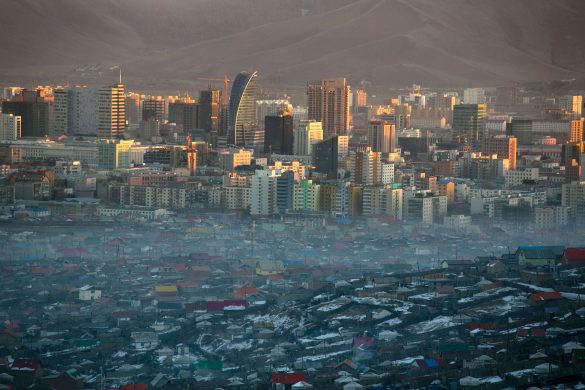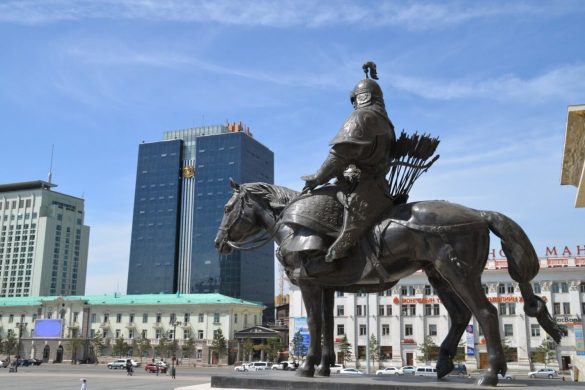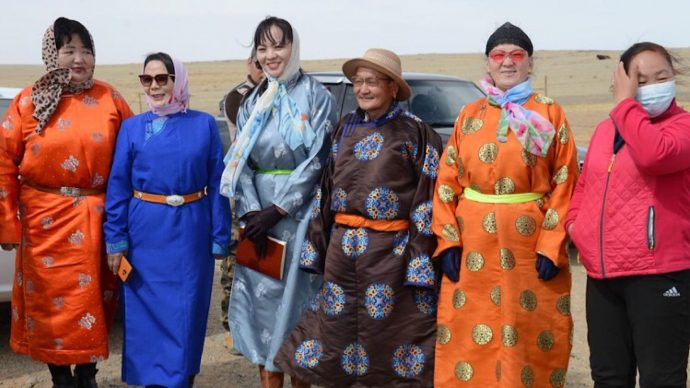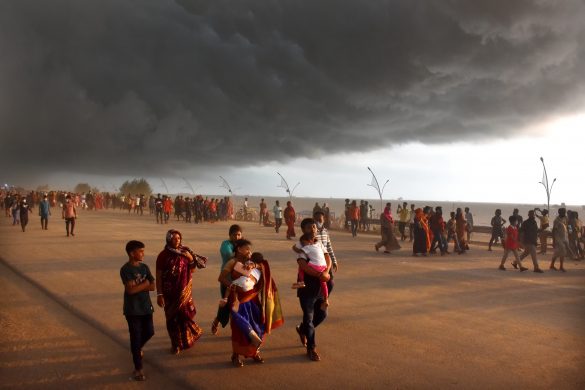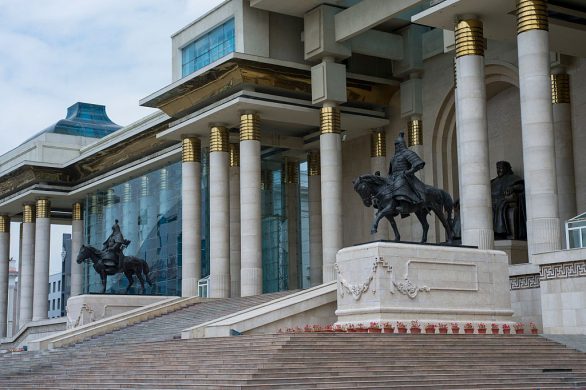Men ifølge FN er der stadig 44 nationer kloden rundt, som lægger restriktioner på smittede med hiv, den farlige virus, der kan føre til aids i udbrud – og fem lande har helt forbudt hiv-smittede indrejse.
GENEVA, 1 February 2013 (UN News Service): The United Nations Joint Programme on HIV/AIDS (UNAIDS) has welcomed the recent law reforms in Mongolia that have removed all travel restrictions and other discriminatory provisions for people living with HIV.
The reforms, which were passed in December and came into effect on 15 January, removes all HIV-related restrictions on entry, stay and residence, according to a news release issued by UNAIDS.
Foreigners applying for visas to Mongolia are no longer required to disclose or provide documentation of HIV status.
“I commend Mongolia for taking this bold step and I hope this will encourage other countries to follow their example and move the world towards zero HIV-related stigma and discrimination,” said UNAIDS Executive Director Michel Sidibé.
Among other measures, Mongolia’s reforms also removed employment restrictions that prevented people living with HIV from undertaking certain jobs, including in the food industry.
With the removal of Mongolia’s restrictions, UNAIDS counts 44 countries, territories, and areas that continue to impose some form of restriction on the entry, stay and residence of people living with HIV.
There are five countries with a complete ban on the entry and stay of people living with HIV and five more countries deny visas even for short-term stays. Nineteen countries deport individuals once their HIV-positive status is discovered.
UNAIDS advocates for the right to freedom of movement – regardless of HIV status. There is no evidence to suggest that restrictions on the entry, stay or residence of people living with HIV will protect public health, the agency points out.



